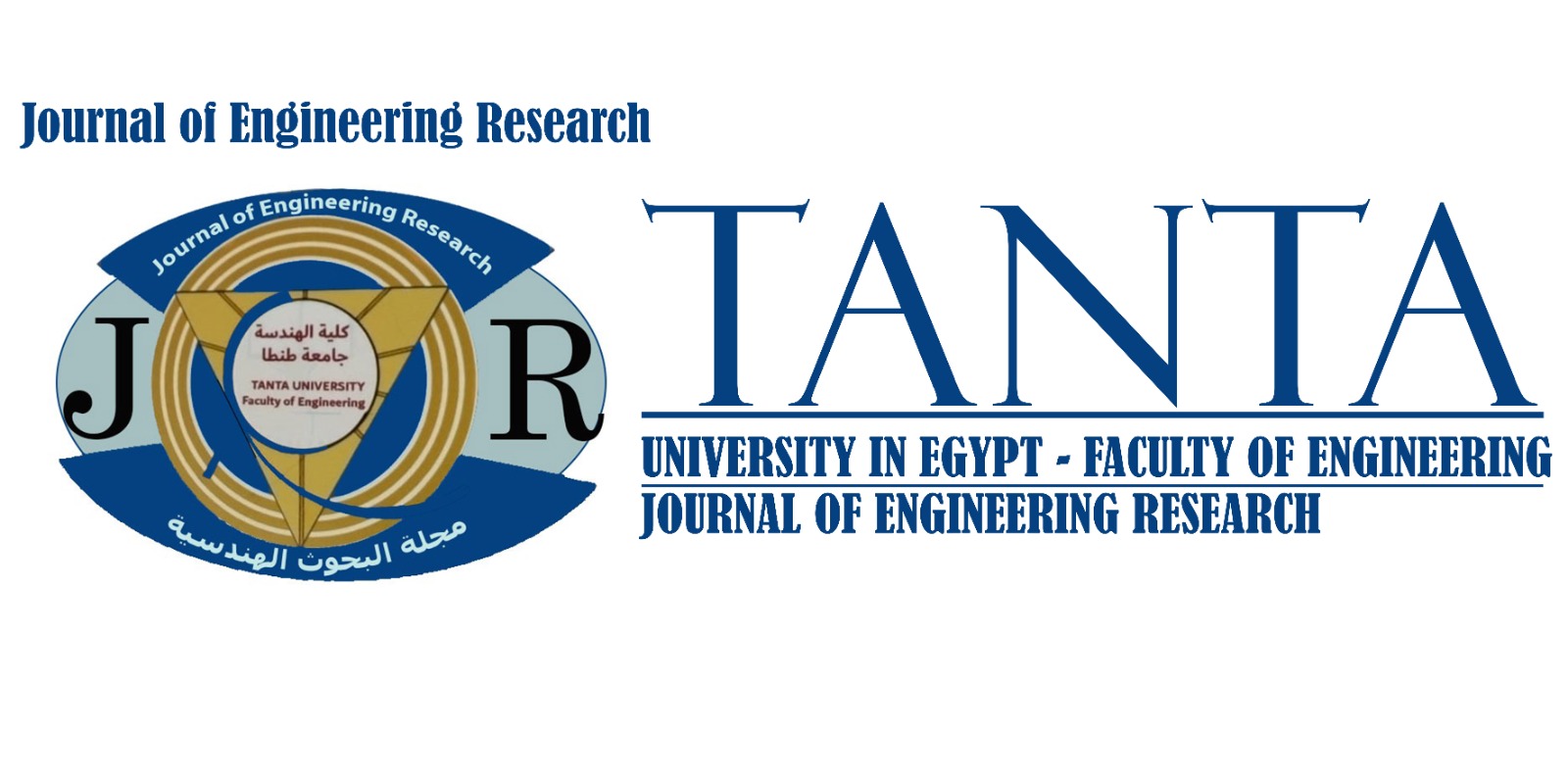Journal of Engineering Research

Abstract
In the past ten years, the field of green architecture has been developed to create zero-energy buildings, which can produce the necessary energy for them in the year, in addition to not causing any damage to the surrounding environment . In other words, these buildings are able to achieve energy self-sufficiency, and also do not negatively affect the surrounding environment, as they have become a productive element and not only a consumer element [1]. The problem of research came in increasing the consumption of non-renewable energy in new cities, especially coastal cities in Egypt, with the increasing global climate change and the decrease in the efficiency of renewable energy generation, as the stages of benefiting from it are still uncommon in Egypt, as well as expectations of depletion and disruption of some non-renewable energy sources as a result of climate changes. The importance of the research lies in the use of clean energies, which are sustainable sources of energy that do not produce greenhouse gas emissions, and this makes the project environmentally friendly and also provides a viable model for the use of zero-energy building strategy in new cities, and also the importance of research came in that the great risks that will be exposed to Cities in Egypt due to the increase in carbon emissions are the sinking of coastal areas, so the priority was to implement the strategy in the buildings of new coastal cities [2]. The research aims to study the possibility of applying the zero-energy buildings strategy in new cities, assess energy efficiency in buildings using Revit software supported by artificial intelligence, propose solutions to improve energy efficiency in buildings and achieve four goals for sustainable development in Egypt 2030. The research suggested designing a residential model for green buildings using Revit software with Insight-Addin. It supports an AI-powered visualization medium called Veras (LAB Evolve), which can be used to improve the energy efficiency of buildings. The energy consumed and energy savings throughout the year needed for the building's electricity was estimated Gold LEED Certificate ), and the research concluded that it is possible to implement zero-energy buildings in New Damietta efficiently.
Recommended Citation
M ALBaz, Huda
(2023)
"Zero Energy Building Strategy in New Cities Using Revit software powered by an AI feature (Case Study: Coastal Villa in New Damietta),"
Journal of Engineering Research: Vol. 7:
Iss.
5, Article 56.
Available at:
https://digitalcommons.aaru.edu.jo/erjeng/vol7/iss5/56

